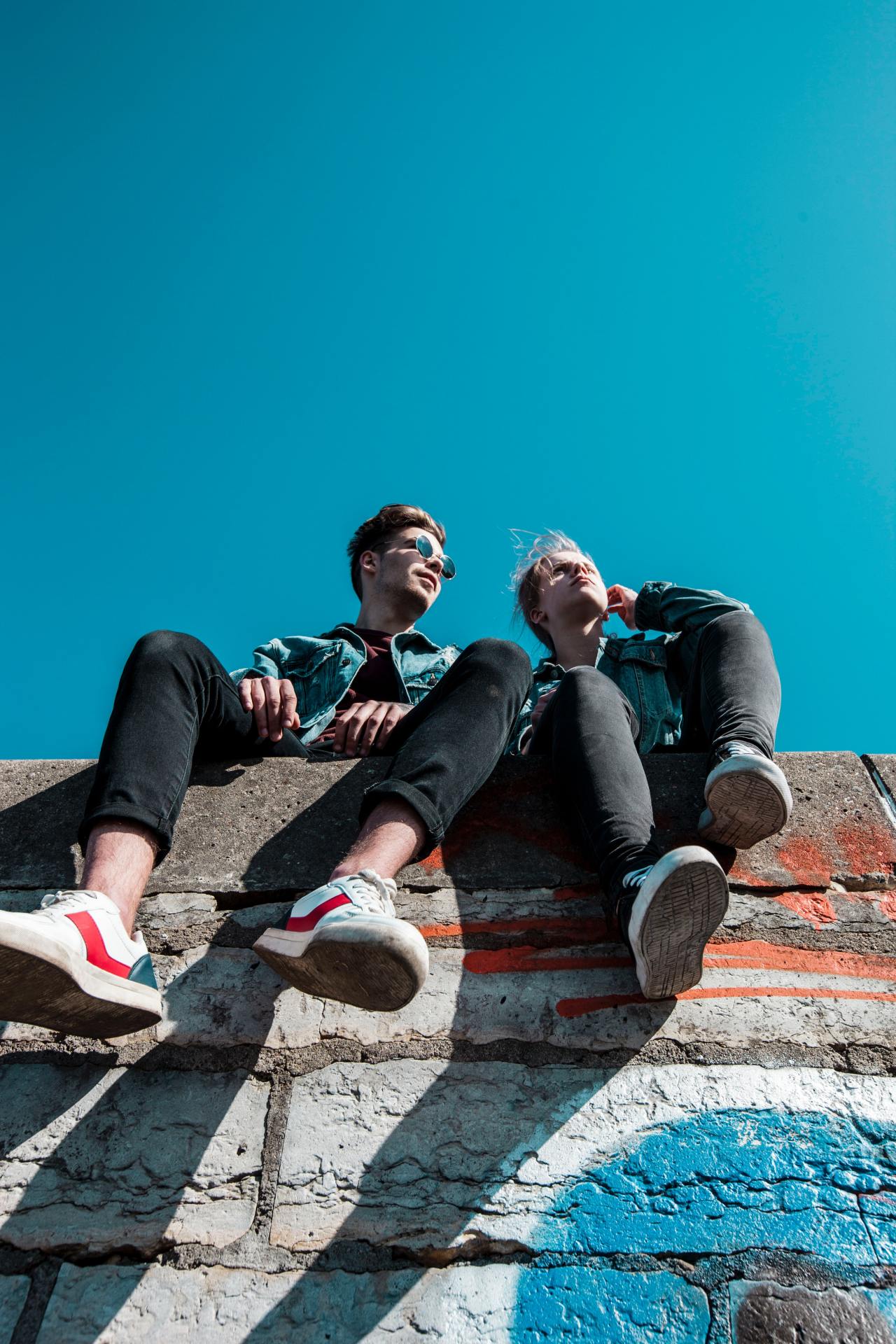
The 4 Most Important Lessons My 20s Taught Me About Relationships
As I enter the last year of my 20s, I’ve reflected a lot on my relationship experiences during this past decade. When I say relationships, I’m referring to platonic, romantic, familial, and everything in between. I try to take a relationship anarchist approach in navigating the bonds I have, meaning I don’t value my romantic partnerships over others solely because they’re romantic. Once I began viewing my relationships through this lens, I found that my values were mostly the same throughout all of them, regardless of their nature, and this helped me determine how much space (if any) a connection would hold in my life. Here are some things I’ve learned after working through moments of joy, safety, disappointment, and confusion in relationships:
When people show you who they are, believe them.
The great Dr. Maya Angelou once said this. Additionally, it takes time for someone to show you who they are. I encountered so much frustration by placing expectations on newly formed connections with people I barely knew. And when these unsuspecting souls didn’t show up in the ways I anticipated, I was left feeling betrayed, used, and resentful, especially if I felt I had fulfilled my end of the unspoken bargain. I now understand that it takes more than instant chemistry to claim someone as your “close friend” or soulmate and to figure out if they’re even in a place to reciprocate the type of love and care you desire. In this same vein, remember that actions speak louder than words, and no matter how much someone says they want to or will behave, their actions will tell you everything you need to know.
Don’t confuse attachment for love.
Even before my 20s, I spent years seeking what I thought was love in other people. I felt like there was an empty puzzle piece slot within me and I was constantly searching for the missing piece. While I could go on for days about psychological explanations for this, the most important lesson I’ve learned is to not mistake this attachment to false fulfillment for love. After finally leaving a toxic, emotionally and borderline physically abusive relationship, I became painfully aware of my own unhealthy attachment patterns including possessiveness, codependency, and controlling behavior. In healing from this relationship, I rediscovered my autonomy and refused to sacrifice it again.
Listen to your body.
For those of us who have lost, or are working to reestablish, communication with our bodies, it can be easy to ignore when they’re screaming at us that something is off. It could be as simple as being on a date and noticing your body tense up. Don’t ignore that feeling—explore it and listen to what your body is trying to say. Sometimes when hanging out with friends, especially in large groups, I’ll unconsciously become hyperactive and performative. By the end of our time together I’m left feeling drained and as if I didn’t genuinely connect with them. When this happens, I ask myself: Did I react this way because I felt unsafe or insecure? Why didn’t I feel comfortable expressing myself authentically? Exploring these questions often results in bigger revelations about those relationships.
Question everything you think you know about relationships.
One of the most valuable gifts I’ve gained from my 20s is a wealth of knowledge about all the options for various relationship styles. This was partially due to my move to a more “liberal” part of the U.S. at 25, where it was more acceptable for folks to explore their sexuality, gender identity, relationship styles, etc. This is where I learned monogamy wasn’t the only option and that so much of what I thought I knew about myself was really things I had been taught to believe by way of living in a patriarchal, white supremacist, cisheteronormative, and mononormative society for 20+ years! If you haven’t already, I encourage you to begin the journey of relearning who you are today at this moment. Are you living a life that aligns with your true values? This will greatly impact the relationships you choose to give energy to and how that energy will flow back into you.
